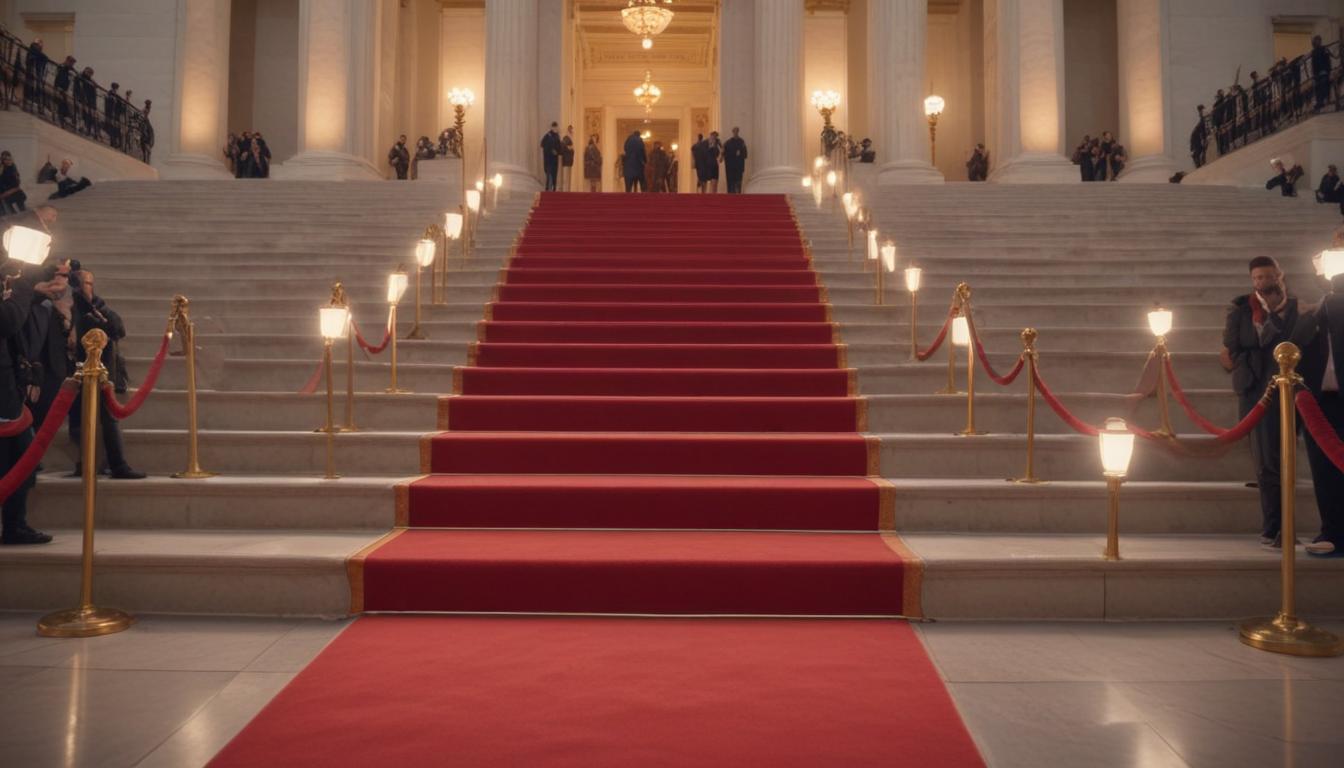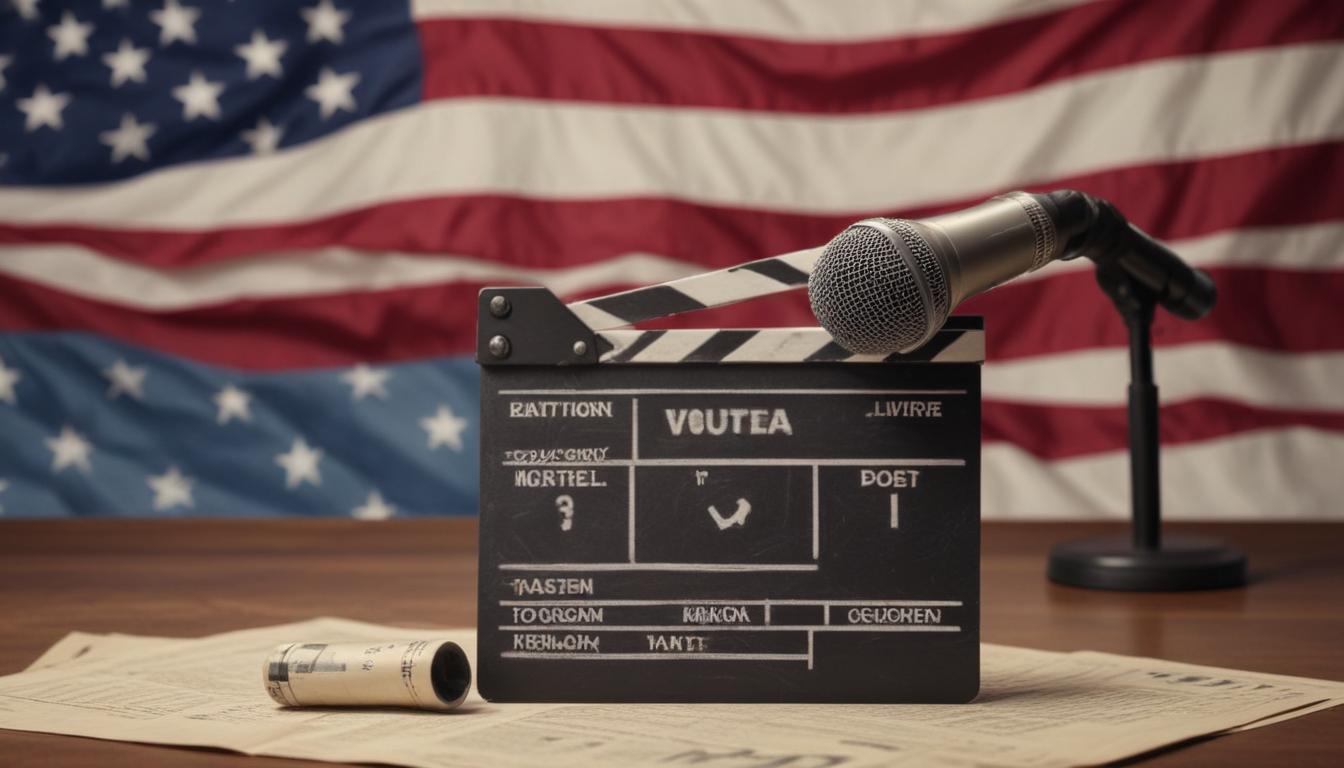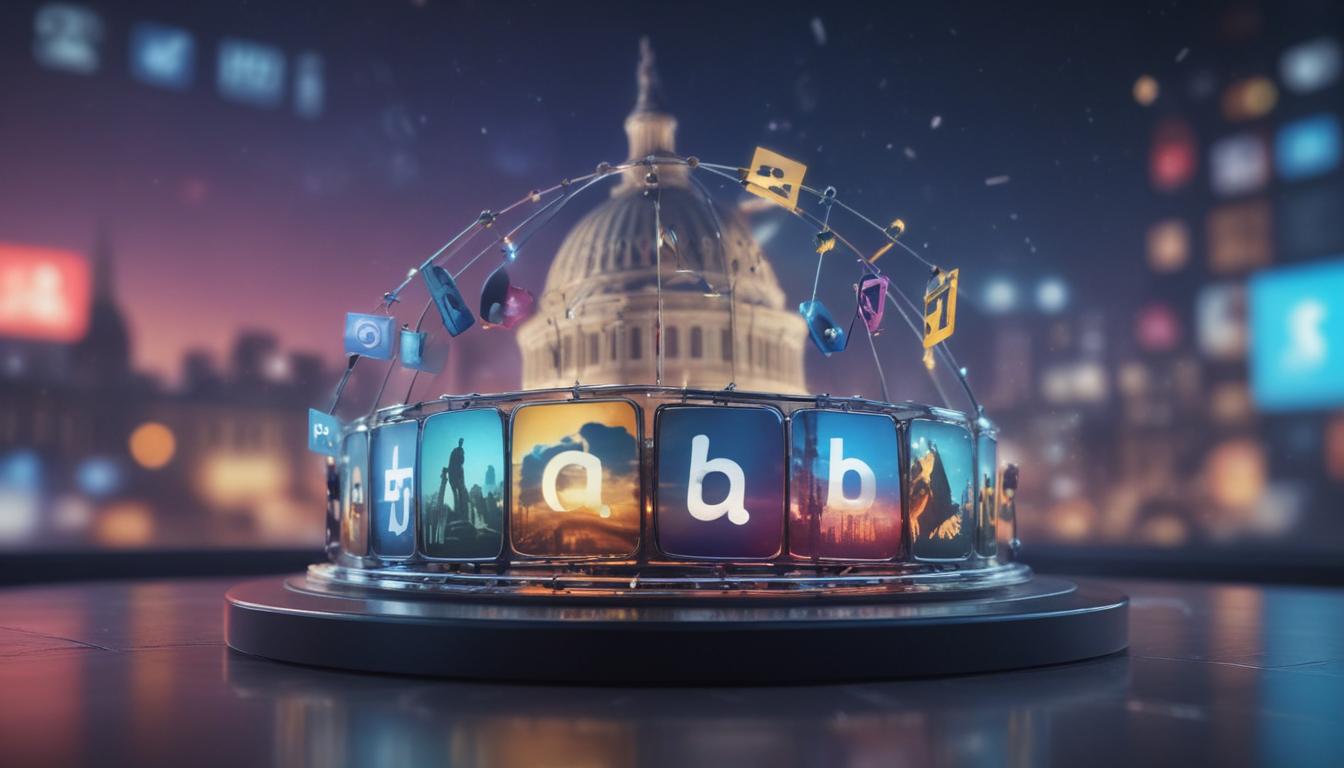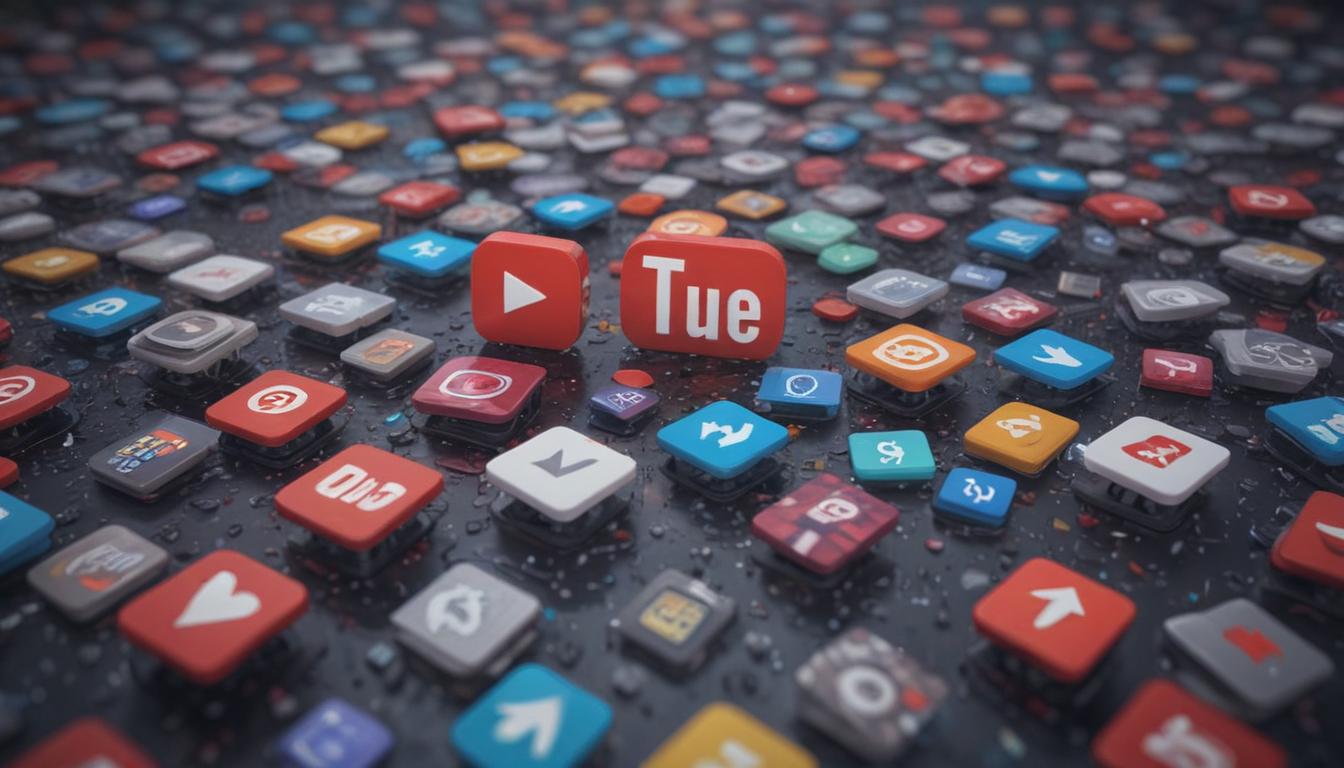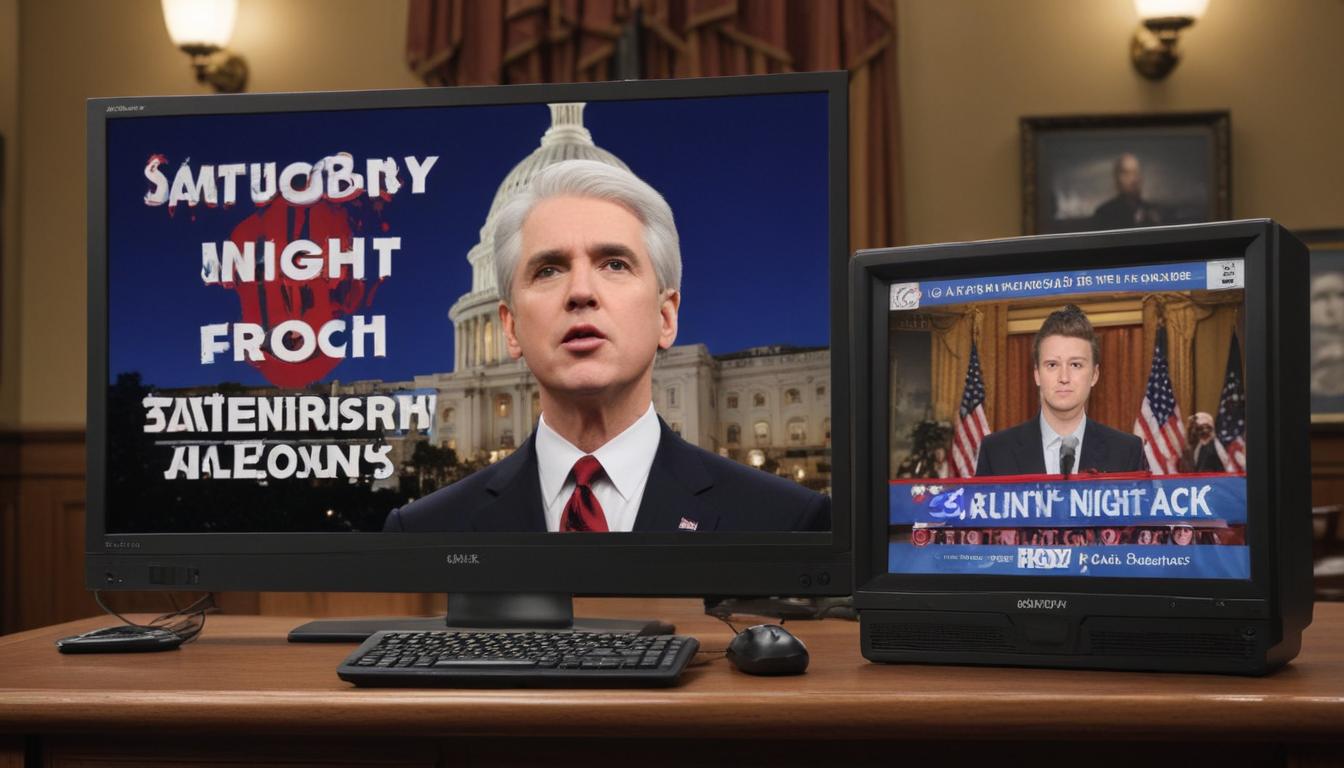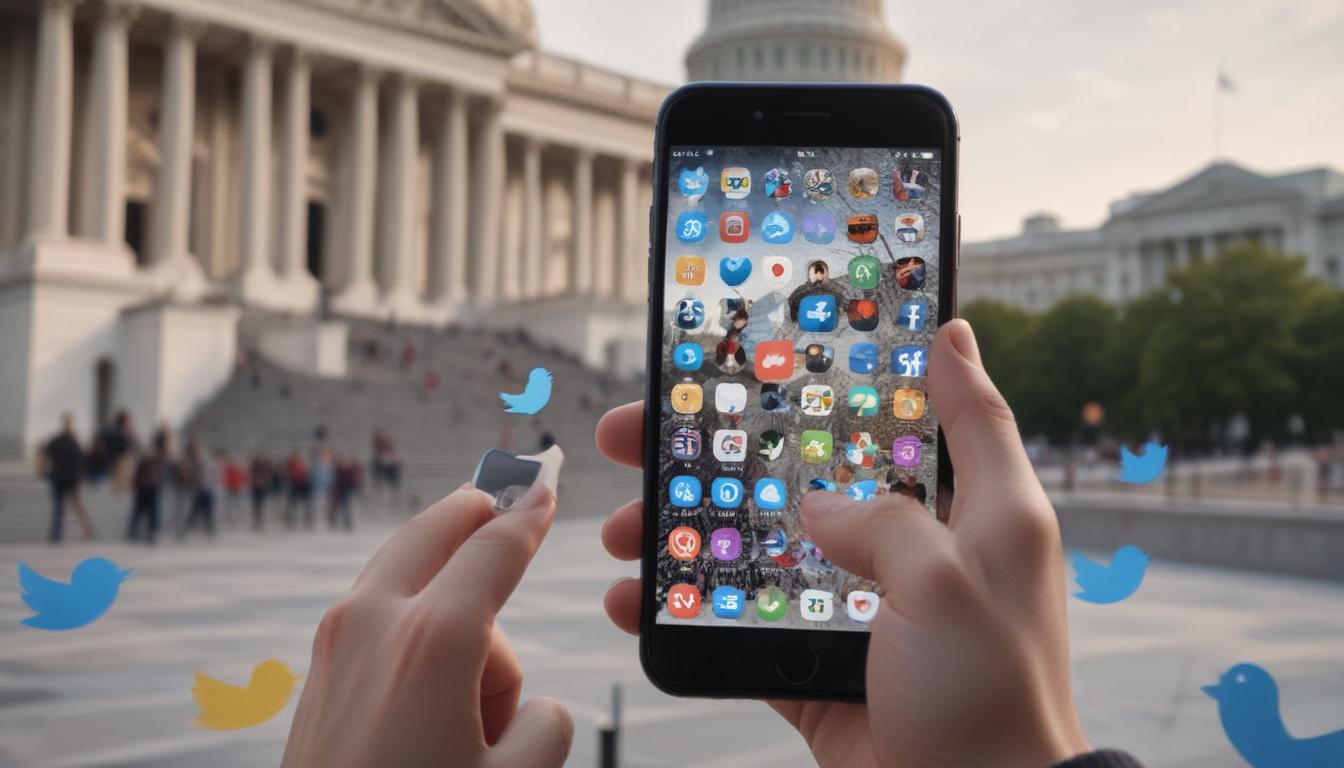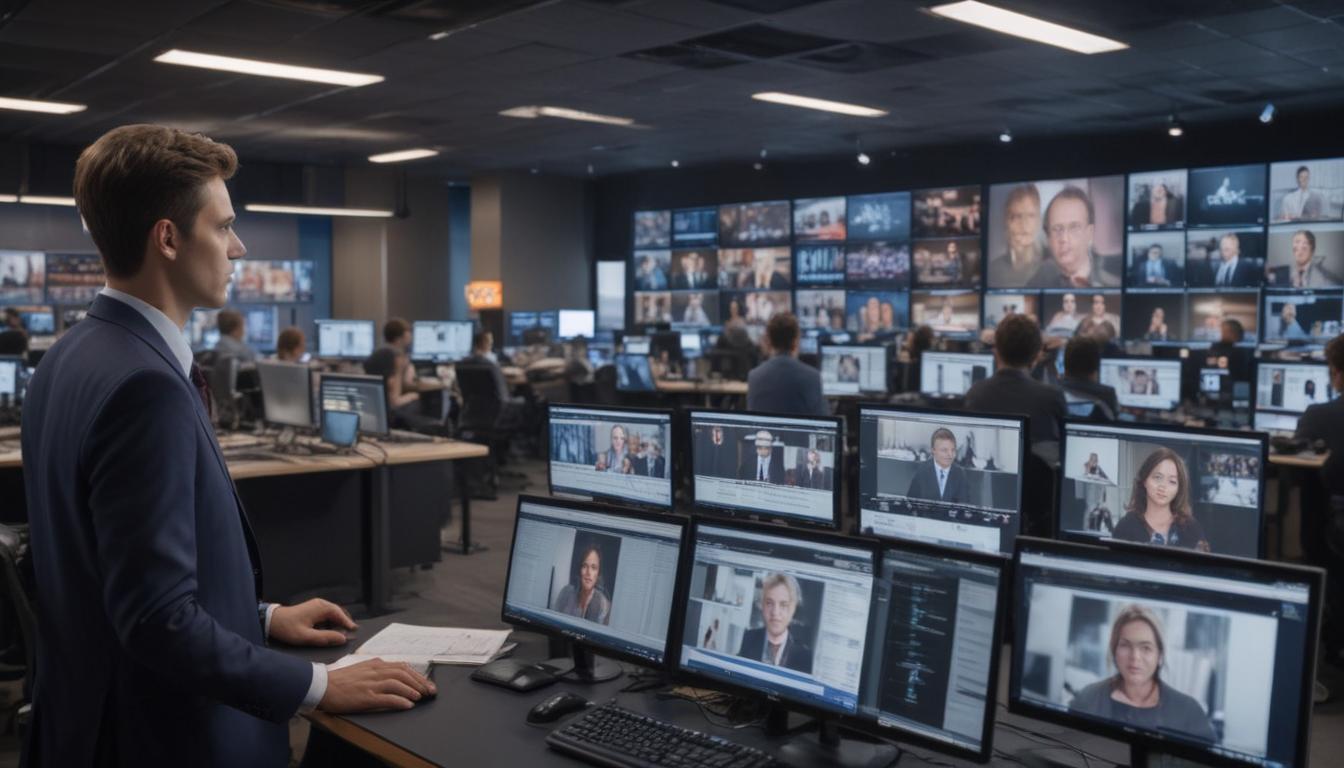The Intersection of Politics and Entertainment: A Modern Influence
The Rise of Celebrity Politicians
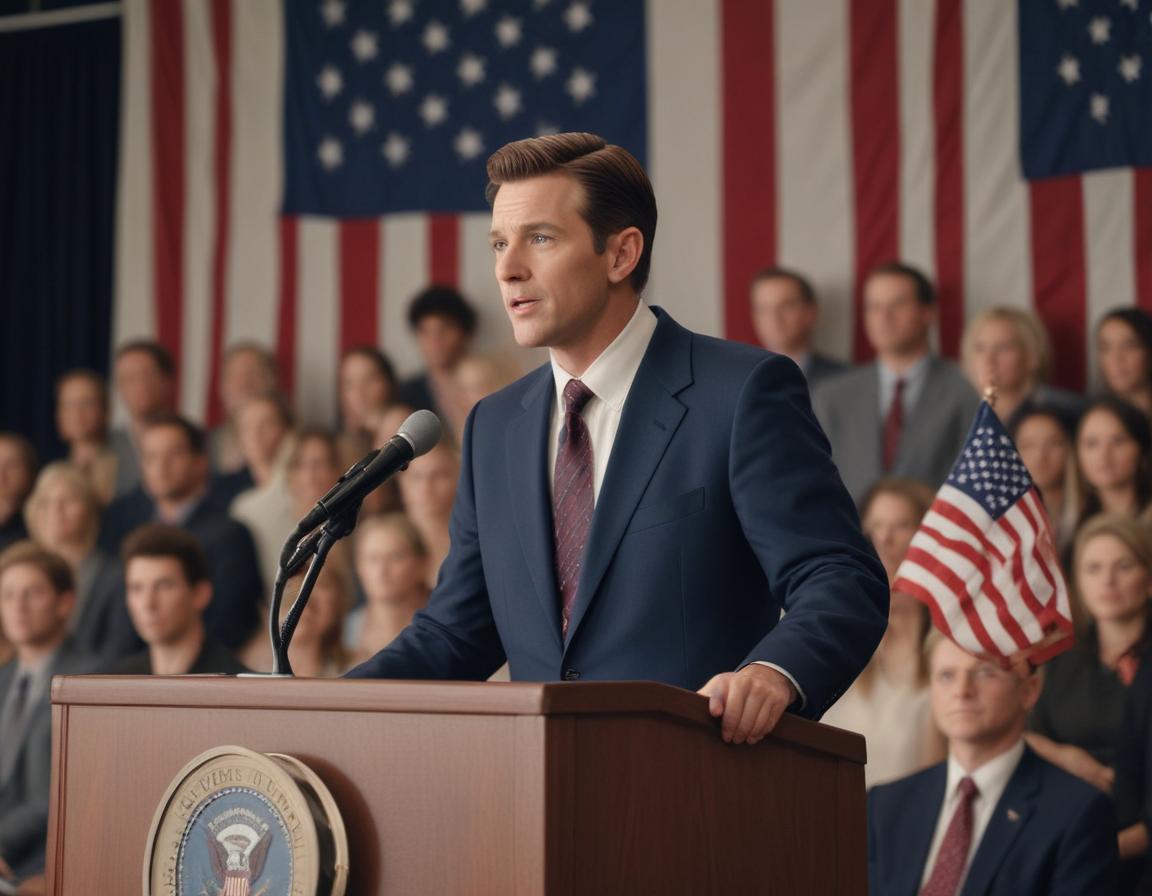
The intersection of celebrity and political clout has been a defining feature of recent American history. Figures like Ronald Reagan and Arnold Schwarzenegger transitioned seamlessly from the entertainment industry into political leadership, leveraging their fame to connect deeply with voters. Their public personas helped break down the usual barriers of politics, making governance seem more relatable and accessible to everyday people.
In the 21st century, Donald Trump’s move from reality TV star to president epitomized this ongoing trend. The American public often views celebrities as relatable, authentic, or aspirational, which naturally makes them effective in rallying support or sparking movements. By combining charisma with their command over media platforms, celebrity politicians often blur the line between performance art and governance, breaking new ground in the political arena.
Entertainment as Political Commentary
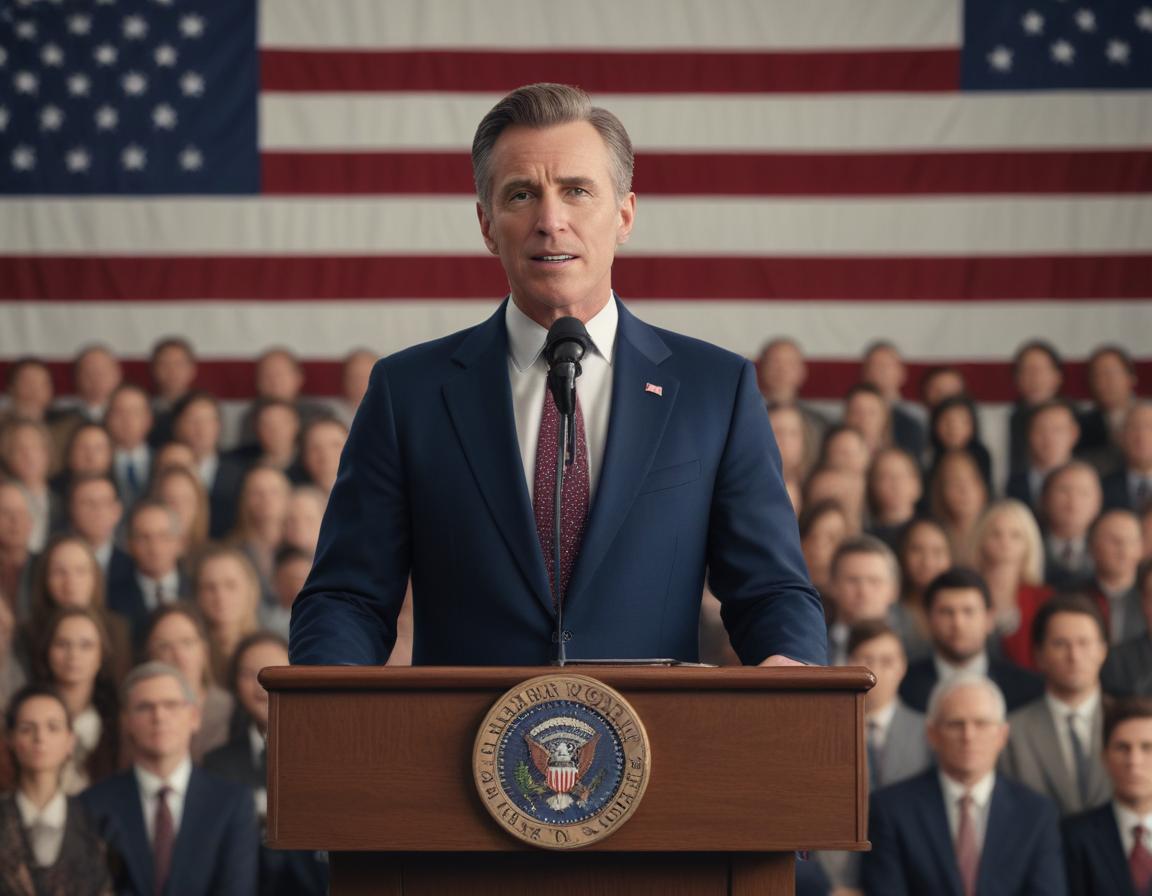
Movies, TV shows, and comedy sketches have grown into significant tools for political commentary. Take acclaimed series like Netflix’s House of Cards or NBC’s The West Wing, which dive into the complexities of power, ethics, and governance. These captivating narratives demystify complicated political systems, offering audiences a chance to understand issues that might seem dry or overly complex.
On the lighter side, shows like Saturday Night Live and Last Week Tonight with John Oliver deliver biting critiques of societal and political challenges through humor. They serve as both a mirror reflecting societal struggles and a megaphone urging viewers to take action. These creative formats not only entertain but also empower audiences to engage with political discourse in a more informed manner.
Social Media: The New Political Stage
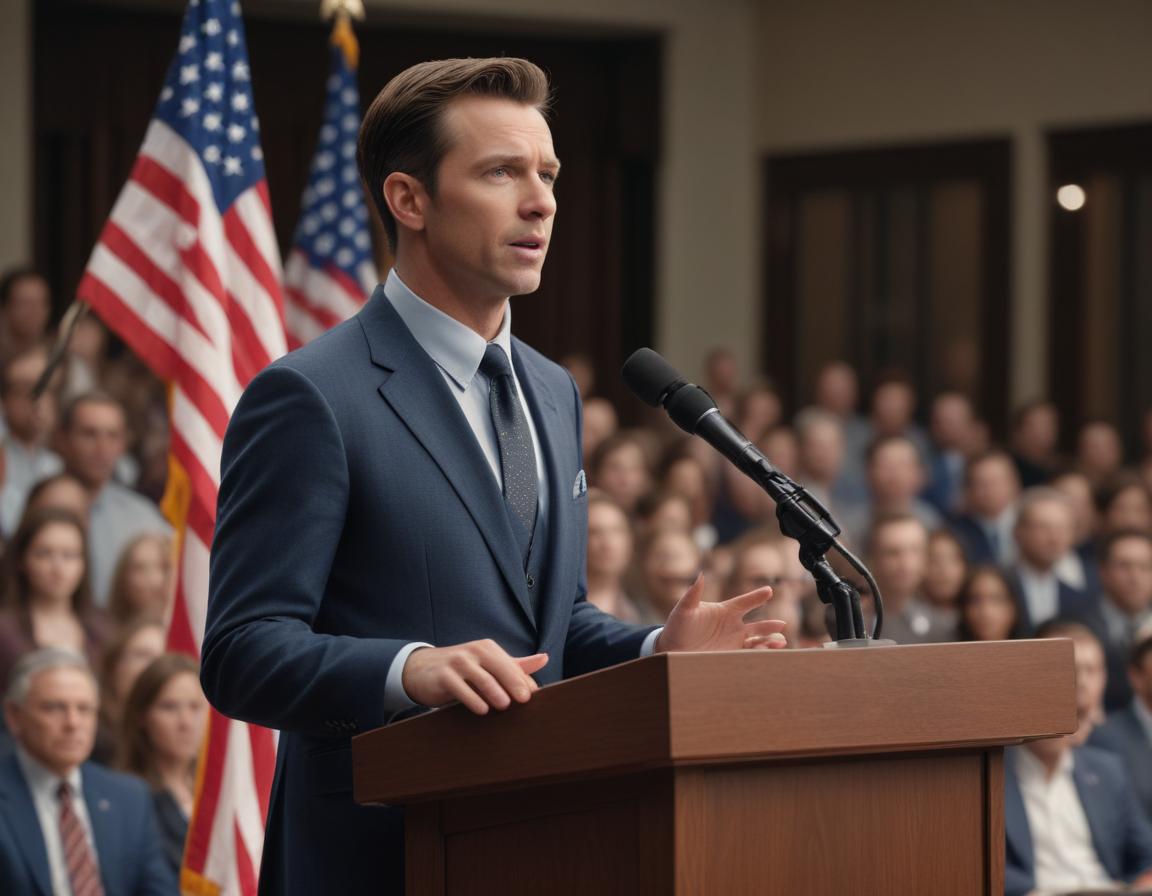
Social media has completely reshaped the overlap between politics and entertainment. Platforms like Twitter, Instagram, TikTok, and YouTube serve as modern-day arenas where ideas, endorsements, and activism thrive. Celebrities often leverage the power of their followers to amplify political messages or spotlight social issues, bypassing the gatekeeping of traditional media.
During significant movements such as Black Lives Matter, social media became a rallying space where creators from diverse industries shared resources, raised funds, and mobilized collective action. Politicians, too, have adapted, adopting social media strategies to engage with the public. Viral hashtags, meme culture, and witty posts have transformed political campaigns into interactive discussions. Though effective, this phenomenon raises questions about the blurred lines between authenticity, propaganda, and entertainment.
Cultural Impact on Policy and Public Opinion
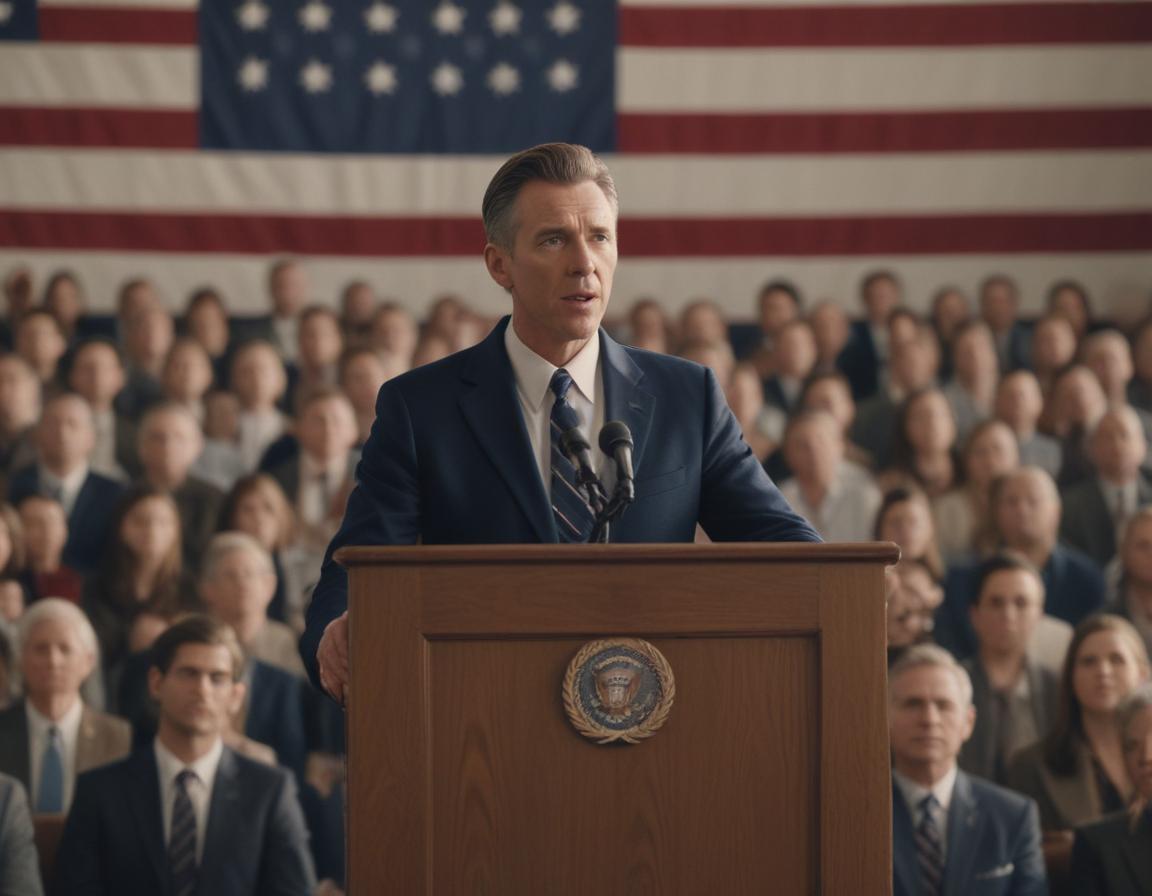
The cultural influence of entertainment on politics often transcends traditional channels of communication. From documentaries enlightening viewers on climate change to music videos highlighting racial inequality, artists and entertainers use their platforms to advocate for societal progress. These formats are particularly effective at resonating emotionally with younger demographics, inspiring meaningful action that academic arguments alone often cannot achieve.
Many powerful initiatives in recent years have originated from viral cultural moments, demonstrating the significant sway entertainment holds over public opinion and even policy-making. Yet, this influence isn’t without its challenges, as it risks over-simplifying nuanced issues for broad appeal. Finding ways to maintain accuracy and depth while driving meaningful dialogue is more important than ever.
Challenges and Criticisms of Entertainment-Driven Politics
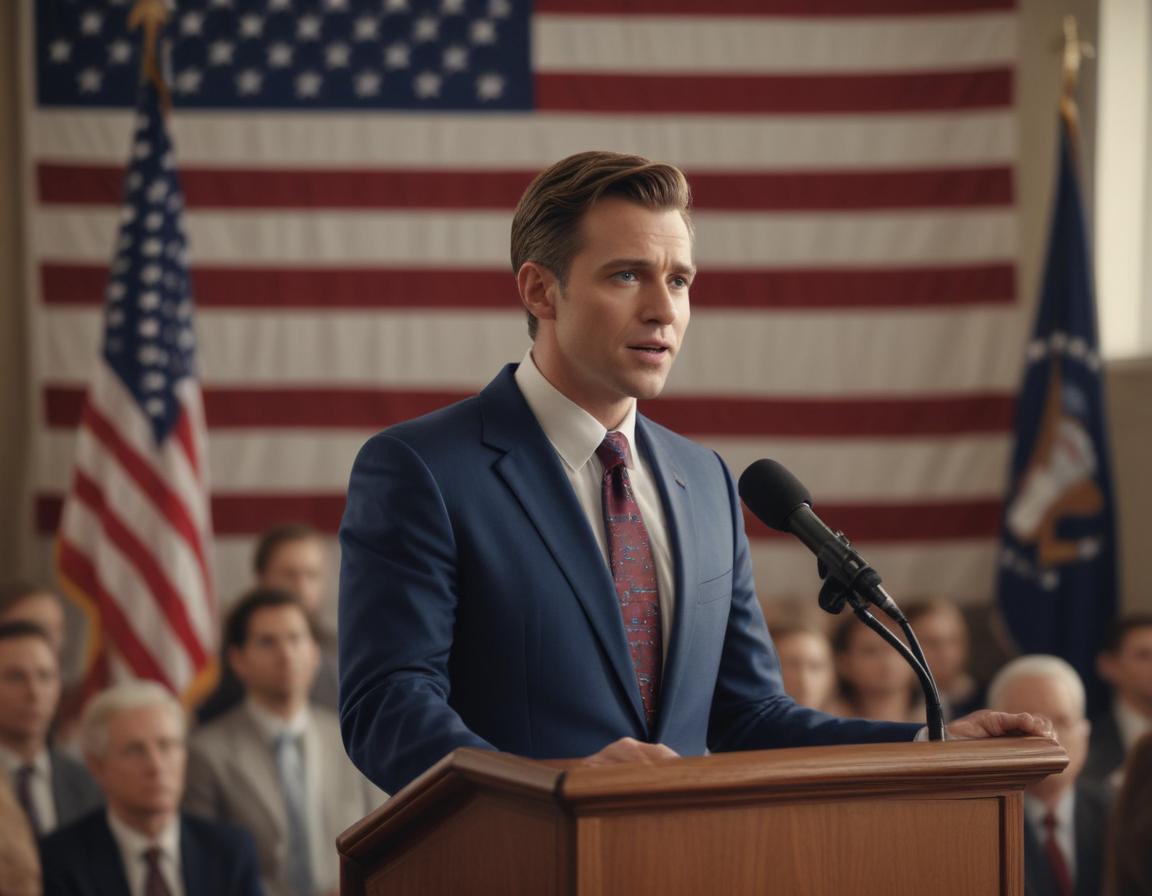
While the union of entertainment and politics brings undeniable benefits, it is not without its drawbacks. One major criticism is that it can encourage a shallow engagement with political issues, emphasizing charisma over competence. Political figures risk becoming media personalities rather than policymakers, reducing vital debates to tweet-sized soundbites or flashy viral campaigns.
Moreover, the dominance of celebrity voices can often marginalize lesser-known but highly capable individuals. The focus on entertaining the masses risks trivializing important initiatives that deserve careful and informed discussions. Balancing visibility and substance will be crucial for maintaining democratic integrity.
The Way Forward: A Balanced Approach
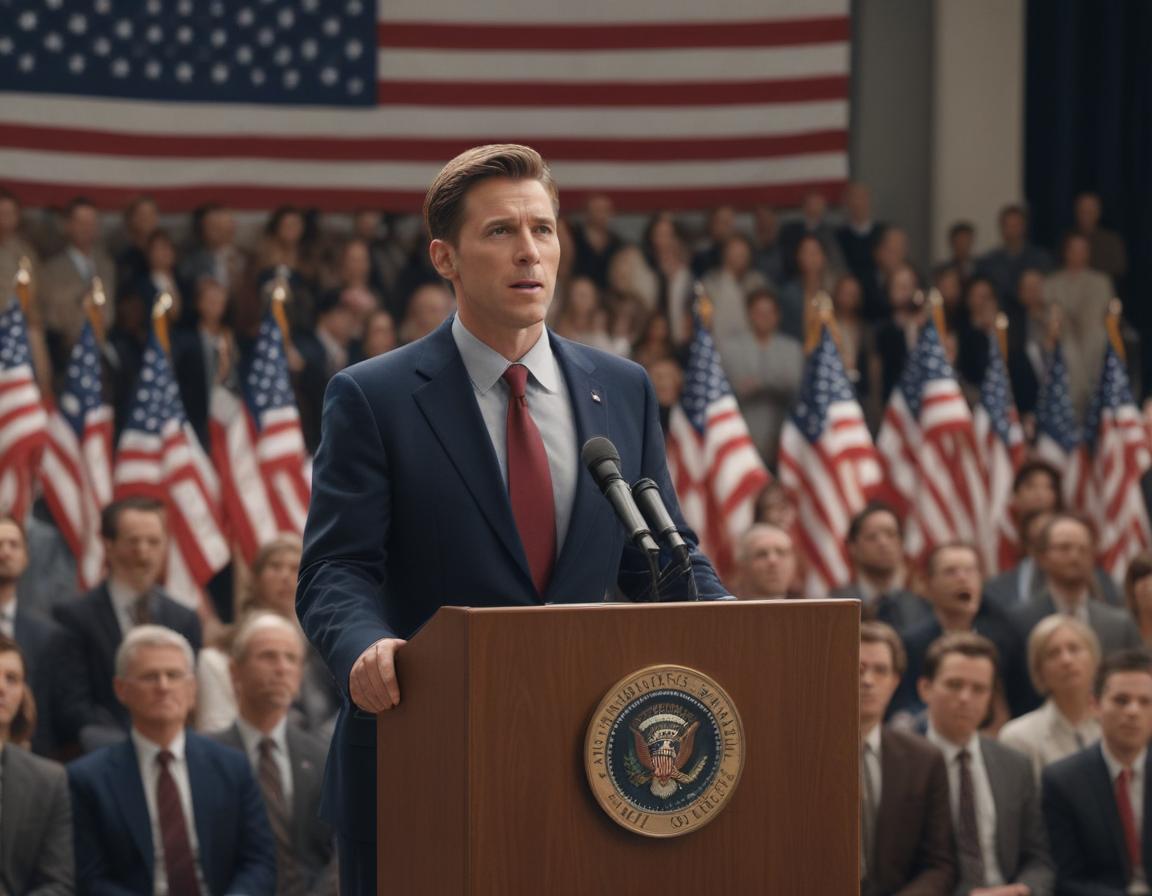
The relationship between politics and entertainment is only expected to deepen as technology and media continue to evolve. Striking a balance will require citizens to view the information they consume more critically, distinguishing genuine leadership from mere spectacle. Similarly, politicians and entertainers carry the responsibility of using their platforms for thoughtful and productive engagement, avoiding caricatures of serious issues.
By embracing transparency, accuracy, and collaboration, this interplay can drive improvements in communication, participation, and even global progress. It’s time for us all to step into this evolving role responsibly—because how we manage it today will shape the future of both democracy and culture.
“`

